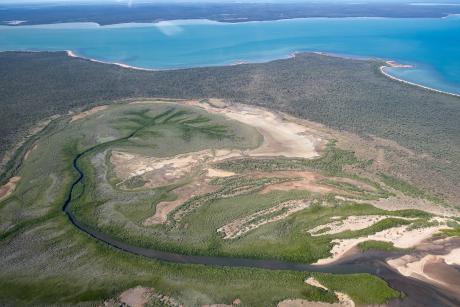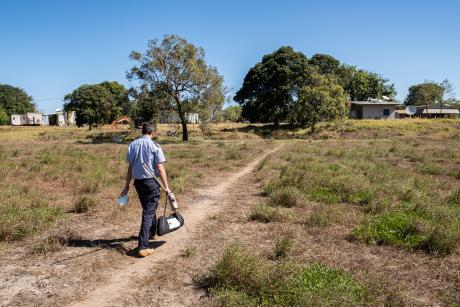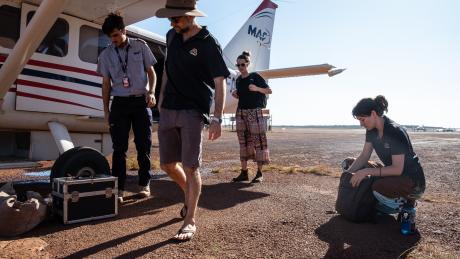
In Australia’s remote Arnhem Land, a physiotherapist’s visits bring care to women who would otherwise wait years for help.
In the heart of Arnhem Land, where mobile signal coverage hovers between patchy and non-existent, messages from the outside world can travel in roundabout ways. Sometimes, a payphone ringing in a quiet homeland clearing might be the only signal that help is on its way.
For Emma McElligott, a physiotherapist with Laynhapuy Health, work means hopping between scattered communities, relying on word passed by voice, sometimes through that lonesome payphone, to confirm appointments and care.
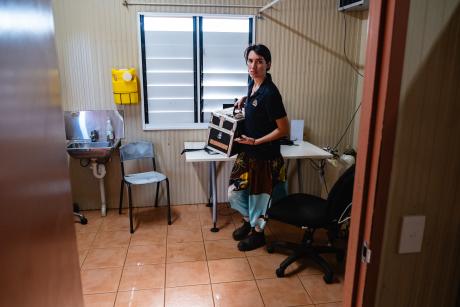
“We've got to let someone know about an appointment to follow up,” she said. “They don't have service out here.
“They don't have a phone. You're calling the public phone, relying on someone to pick that up, walk to their house, go let them know, and then come back to the public phone. Maybe the message has been realised, maybe it hasn’t.
“It’s part and parcel with all the work we do,” Emma said, reflecting on the logistical acrobatics her team performs daily—logistics made more feasible because MAF connects even the most scattered dots on the map.
MAF does a pretty amazing job to make it viable to have a really high-quality service in such a remote, challenging setting.
But what truly sets Emma’s work apart is her specialist training in women’s health physiotherapy, a service that’s almost impossible to access for most women in the homelands.
“Anyone that needed to access a women’s health physiotherapist would have to privately pay to fly to Darwin and wait up to 12 months for an appointment, if at all,” Emma said. “So being able to provide that service here—it’s really cool.”
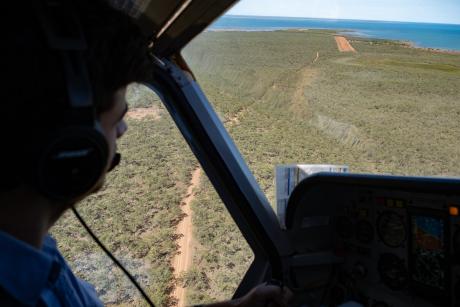
Her work is primary health care in its most fundamental form, helping people at the critical first point of contact—sometimes in clinics, sometimes in homes, sometimes wherever she’s needed.
Getting there is never straightforward. That’s when Mission Aviation Fellowship really throws a lifeline, their aircraft landing on strips where many other operators are unable to go, and Emma credits MAF with making routine outreach visits possible.
“I work across all the homelands,” she said. “I try and routinely get to all of them just so that, even at a really tiny, remote place, there’s always the option to see a physio if they need to.”
Dr Jamie Mapleson, a seasoned community development and public health expert working with Laynhapuy Health, adds perspective to some of the challenges of living and working in Arnhem Land.
“It’s much more like working in a foreign country than in a country town down the road,” Jamie said of the region’s profound distance, language, and culture divides.
“You throw in the challenges of massive distance, different languages, sub-optimal communications, and pretty much everything here just being a completely different world. MAF does a pretty amazing job to make it viable to have a really high-quality service in such a remote, challenging setting.”
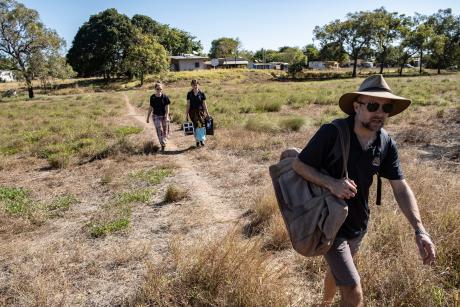
Through it all—the waiting patients, the patchy phone lines, the dusty airstrips, and the challenges of culture and language—Emma’s presence in the homelands brings reassurance and, sometimes, relief that would otherwise be years and thousands of dollars away.
And as word spreads, more Yolngu women are seeking her help, often for personal and sensitive issues, knowing someone will come when they are needed most.
It’s not easy, but between the faint ring of a distant telephone and the approaching buzz of a small aircraft engine, health care reaches even the most isolated corners of Arnhem Land.
